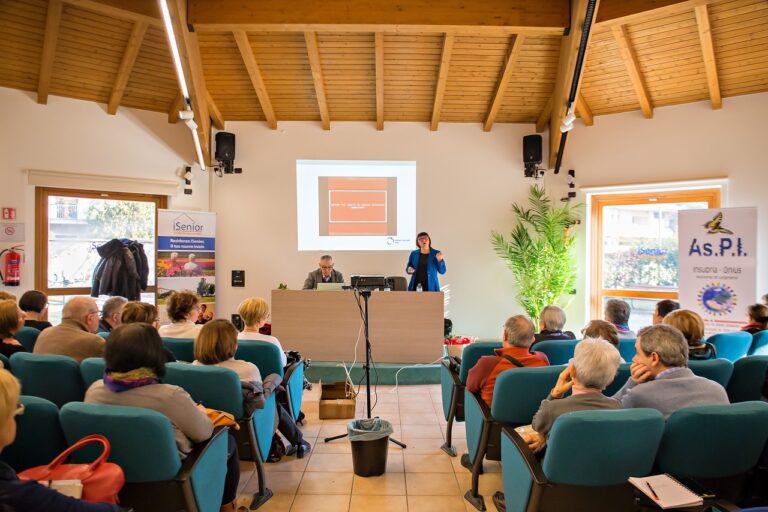Trends in Sustainable Agriculture: Organic Farming Practices
Organic farmers often grapple with the constant battle against pests and diseases without the use of synthetic chemicals. This can be a significant challenge as they need to rely on natural methods to protect their crops, leading to higher risks of yield loss if these methods prove to be insufficient.
Another common challenge faced by organic farmers is the limited access to organic inputs and resources compared to conventional farming practices. This scarcity can make it difficult for organic farmers to maintain soil fertility, manage weeds, and ensure crop nutrition without resorting to non-organic solutions. This constraint can hinder their ability to sustainably produce high-quality crops while adhering to organic farming principles.
• Limited access to organic inputs and resources
• Difficulty in maintaining soil fertility, managing weeds, and ensuring crop nutrition without non-organic solutions
• Hindered ability to sustainably produce high-quality crops while adhering to organic farming principles
Benefits of Implementing Sustainable Practices
Implementing sustainable practices in farming bring various benefits that extend beyond just productivity. Farmers who adopt sustainable approaches contribute to environmental conservation by reducing the use of harmful chemicals and promoting biodiversity. By improving soil health through practices like crop rotation and cover cropping, farmers can enhance the resilience of their farms to environmental challenges such as droughts and floods.
Apart from environmental benefits, implementing sustainable practices also has economic advantages for farmers. By reducing input costs associated with chemical fertilizers and pesticides, farmers can achieve cost savings in the long run. Additionally, adopting sustainable practices can open up new market opportunities for organic and sustainably-produced products, catering to consumers’ growing preference for environmentally-friendly and ethically produced food.
Technology and Innovation in Organic Farming
Organic farming has long been associated with traditional methods that prioritize sustainability and environmental protection. However, modern technology and innovation have begun to play a crucial role in enhancing the productivity and efficiency of organic farms. Through the use of drones, GPS technology, and automated machinery, organic farmers are able to better monitor their crops, address pest and disease issues promptly, and optimize their farming practices.
One key area where technology is making a significant impact in organic farming is in soil health management. Advanced soil sensors and monitoring devices allow farmers to assess the quality of their soil in real-time, enabling them to make informed decisions about nutrient management and irrigation practices. By leveraging these innovative tools, organic farmers can improve soil fertility, reduce water usage, and ultimately enhance the overall sustainability of their operations.
What are some common challenges faced by organic farmers?
Some common challenges faced by organic farmers include pest and disease management, weed control, soil fertility maintenance, and ensuring consistent yields without the use of synthetic chemicals.
What are the benefits of implementing sustainable practices in organic farming?
Implementing sustainable practices in organic farming can lead to improved soil health, reduced environmental impact, increased biodiversity, and healthier food products for consumers.
How is technology and innovation being used in organic farming?
Technology and innovation are being used in organic farming through the development of precision agriculture tools, such as drones and sensor technology, to monitor and manage crops more effectively. Additionally, there are advancements in biopesticides and biostimulants to help organic farmers address pest and disease issues.







